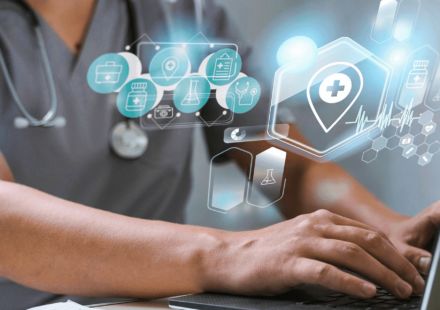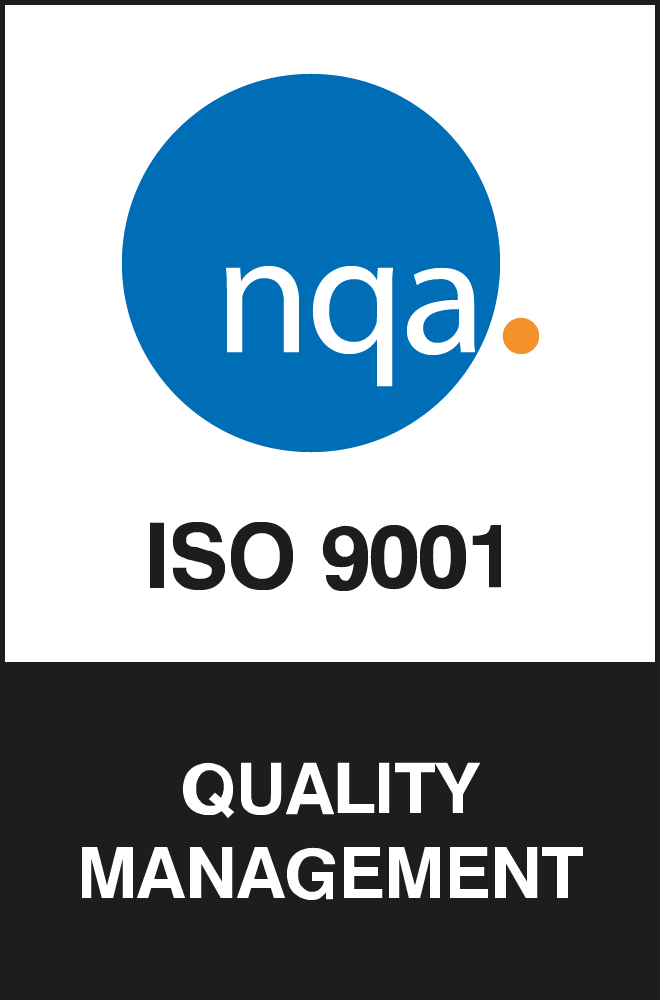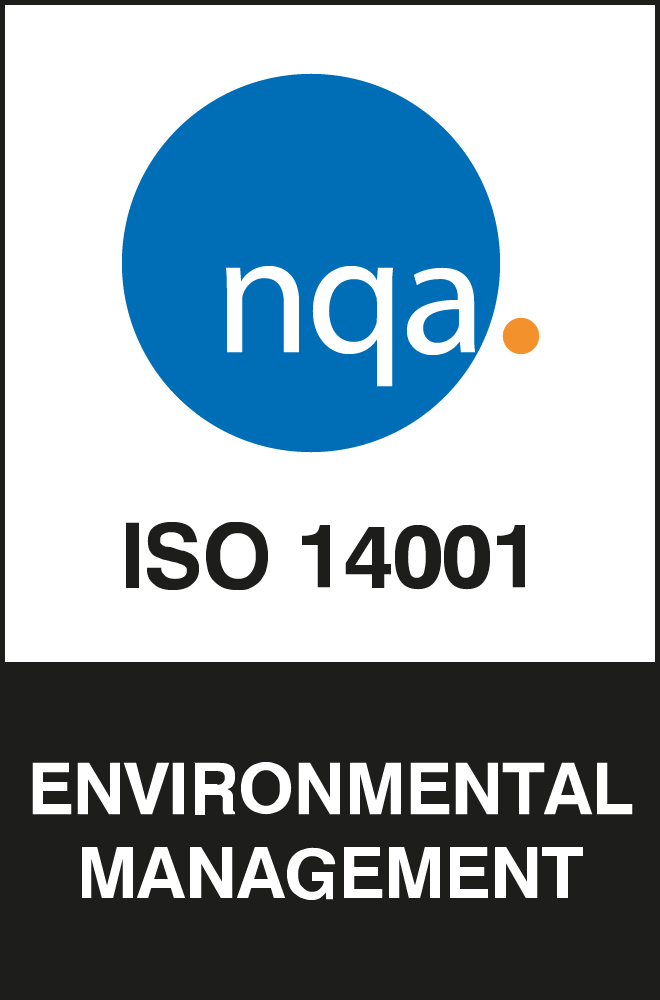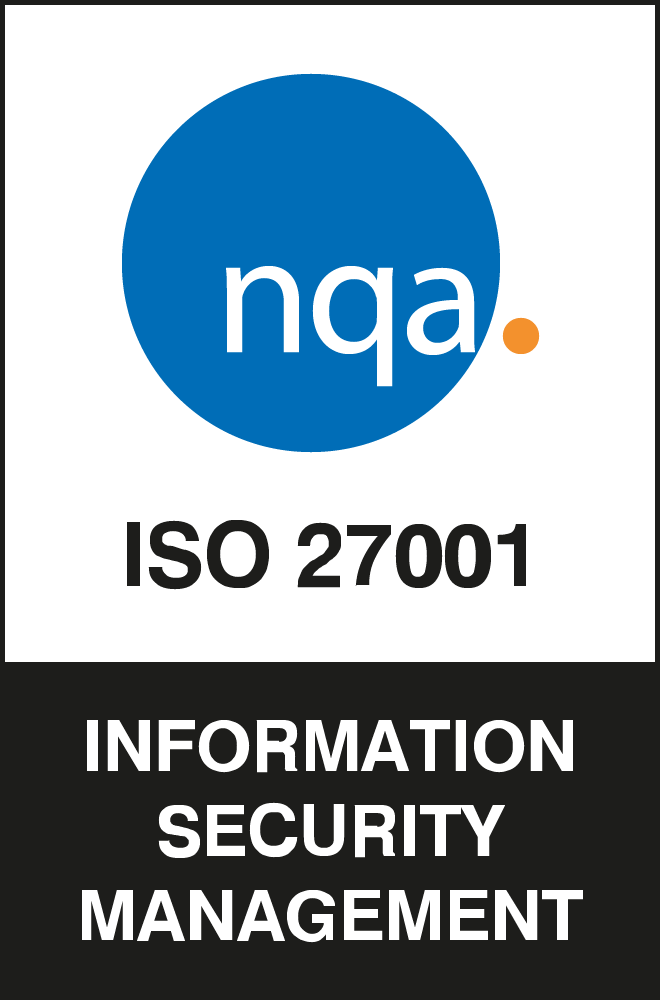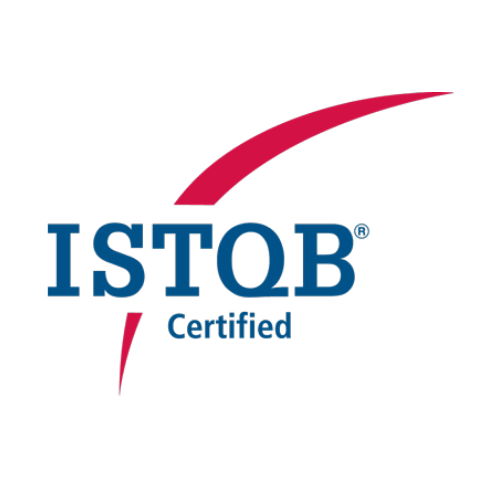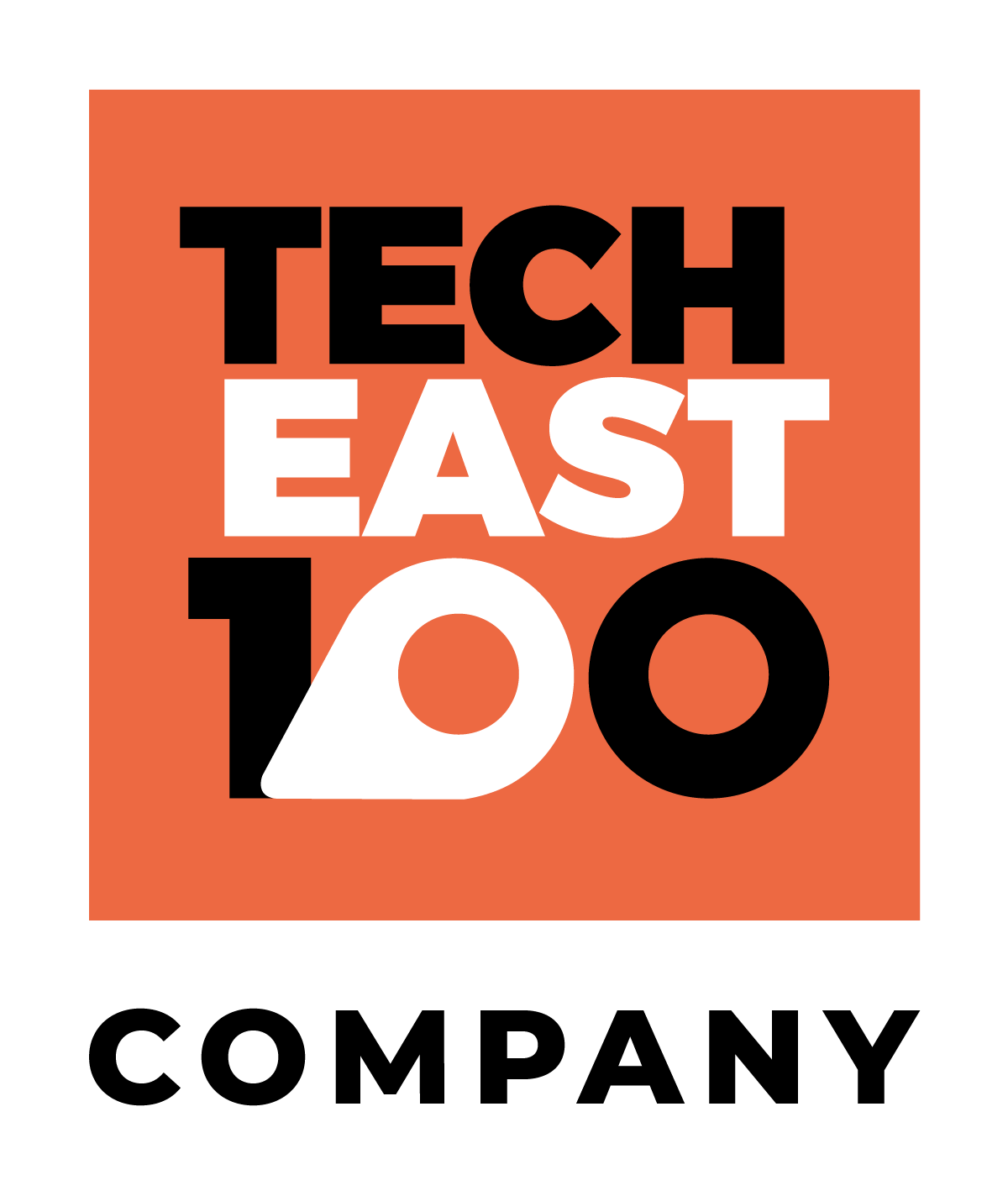The maritime and shipping industry is fast approaching the culmination of what experts are calling Shipping 4.0. Shipping 4.0 is the trend of increased digitalisation through the leveraging of automation and connectivity technologies such as IoT, AI and Big Data.
This article explores the top marine technology trends that will help to revitalise the sector and bring about Shipping 4.0
Read on to learn about some of the biggest challenges and opportunities in the future of global marine technology.
Remote Controlled Shipping
Autonomous vehicles are already being developed and trialled around the world to support several logistical processes, from manufacturing to supply chain optimisation.
Unmanned ships are expected to have a transformative impact on the marine industry in the future, with Rolls-Royce targeting 2035 for the development of the first fully autonomous ocean-going ships.
Human error plays a significant role in 70%-80% of all accidents at sea according to Safety4sea. Autonomous ships improve safety and reliability as the possibility of accidents or mistakes caused by human error is removed. On top of this, on-board safety systems are no longer needed so ships can either be made smaller or more space can be used to store cargo.
There is also a reduced risk of piracy as there would be no chance of human hostage situations and remotely controlled ships can be shut down from the shore in the event of a security breach.
Although countries such as Norway and Finland are ahead of the U.K. in terms of the development of autonomous ships, the U.K. has made significant progress in tackling the regulatory and legislative issues surrounding this technology.
Reports suggest that in the future, the U.K.’s position and technology development within this field could be strengthened by collaborations with Norway, Finland or Singapore, to introduce funding streams or designated test zones to examine the transformative impact of these technologies on ship design.
Marine Artificial intelligence
As one of the main drivers behind Shipping 4.0, Artificial Intelligence is set to be one of the key marine technology trends to keep an eye on this year and going forward.
As development within this field progresses, navigators and shore managers will have the capability to see future navigation characteristics of their vessels using AI, such as future positions, movements and manoeuvres hours in advance. This will help to enhance situational awareness, decision making and safety.
Shipping Robotics
Experts predict three types of robots will be used in the shipping industry by the year 2030 which will leverage cognition, versatility, imitation, sense and adaptability.
These types of robots will fall into the following categories:
- Learning robots designed to observe and adapt to their environment using algorithmic techniques
- Practical robots that are capable of handling assets
- Mini robots that will be used for carrying out inspections in harsh conditions and extreme environments.
Before these robots become widely available for use within the marine world, advancements in other fields such as sensors and remote controls must be made. This is because robots require extremely efficient system response times – less than a few milliseconds in some cases.
Integrated Logistics
Integrated logistics refers to the improvement of processes within supply and production chains. This will help the transport businesses overcome the challenges of fragmented logistical chains.
Integrated logistics will improve processes for all modes of transport, not only shipping. Smart ships will be able to communicate with smart ports to reduce congestion, waiting times and therefore costs.
Experts suggest that in the future, communication between maritime transport operators and other transport mode operators, such as inland waterways, will become seamless. This will facilitate end-to-end tracking of cargo through entire logistical chains.
Environmental Impact Reduction
Most industries, including marine, are under pressure to take greater responsibility for their impact on the environment and are being urged to reevaluate their processes and energy consumption to reduce their contribution to climate change.
This is considered to be the biggest change to impact the shipping industry over the next few decades by the U.K. government.
Although shipping is the most energy-efficient mode of transport according to the European Council for Maritime Applied R&D, renewable energies such as solar and wind are being explored within the marine industry to power ships in the future.
On top of this, improved hydrodynamics, the use of more lightweight materials and enhanced hybrid-power generation technologies will optimise performance and enable better energy efficiency.
Digital Sensoring
The efficiency and safety of ships can be vastly improved by the utilisation of digital sensors – a technology that has been growing in sophistication over the recent years. IoT and improved ship-to-shore communication will allow most on-board processes to be carried out by land-based teams.
As well as this, complex networks of on-board sensors will track all operations and collect data that can be analysed to optimise energy and fuel consumption, vessel performance, condition monitoring and routing based on real-time weather data.
Dynamic Twin Modelling
Digital twins are another global maritime technology trend set to rise in popularity throughout 2023 and the future.
Digital twins use 3D design models to provide digital visualisations of a physical ship by pulling in data from smart components and sensors to reflect real-time changes or to run accurate simulations.
This technology is especially useful for testing new technologies or ship designs without the need for expensive, time-consuming real-life testing. The effects of proposed changes to the ship’s processes or systems can be understood in a low-risk environment to reduce the chance of critical mistakes.
As well as this, areas for improvement can be identified with data analytics, such as optimising machinery operations and improving a ship’s overall performance.
Does your marine business need a new app or piece of software?
Our team has experience working with a range of clients in the marine sector, developing high-performing solutions, fit for the most challenging conditions.
Get in touch with us today to find out how we can support your business with industry-leading technology driven by our passion and innovation.

